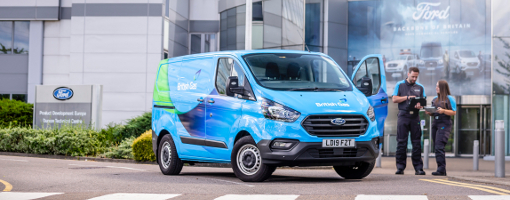UK new car registrations fell by 6.8 per cent in 2018 to 2.37m units, but plug-in cars reached a record according to the Society of Motor Manufacturers and Traders (SMMT).
Private, fleet and business registrations all fell in 2018, with the biggest losses felt in the fleet sector (down 7.3 per cent). Although reasons are difficult to unravel, it is likely that the ongoing concerns over diesel emissions, rapidly developing electric vehicle technology (and ranges) and economic uncertainty have all contributed to businesses and individuals opting to delay purchases.
Supporting some of this scenario, the biggest volume decline was seen in the diesel sector, down 29.6 per cent in 2018, with December marking the 21st consecutive month of decline for the fuel type. Despite new emissions tests showing diesel delivers in the real world, confidence in both the technology and its measurements have eaten away at market share.
Petrol combustion engines actually rose (8.7 per cent), but the big winners were alternatively fuelled vehicles (AFVs of all types rose 20.9 per cent).
For AFVs petrol-electric hybrids remained the most popular choice, plug-in hybrids (PHEVs) also recorded a strong uplift over the year, although the figures suggest growth is slowing following the removal of the Government’s plug-in car grant for these vehicles in October and the pace of growth of plug-in cars is now falling significantly behind the EU average.
Much debate can be had over the total lifecycle benefits of retiring older cars for new (given the one-off manufacturing environmental costs) but it should be noted that overall environmental costs are to measured in both greenhouse gas emissions and separately (if related) areas of air pollution (particularly in urban areas). The UK new car fleet average CO2 actually rose for a second successive year, by 2.9 per cent to 124.5g/km - the increase was due to the introduction of new, more onerous, WLTP test which produces higher figures.
Latest News
-
Chelsea FC becomes first Premier League club to receive dedicated epilepsy awareness training
-
Car brand hands £100,000 to UK temperate rainforest charity
-
Health firm supports older LGBTQ+ community
-
Good causes across Wales share £600,000 in building society funding
-
Pub firm partners with mental health charity for next two years
-
Home improvement platform names next charity partner
© 2019 Perspective Publishing Privacy & Cookies







Recent Stories